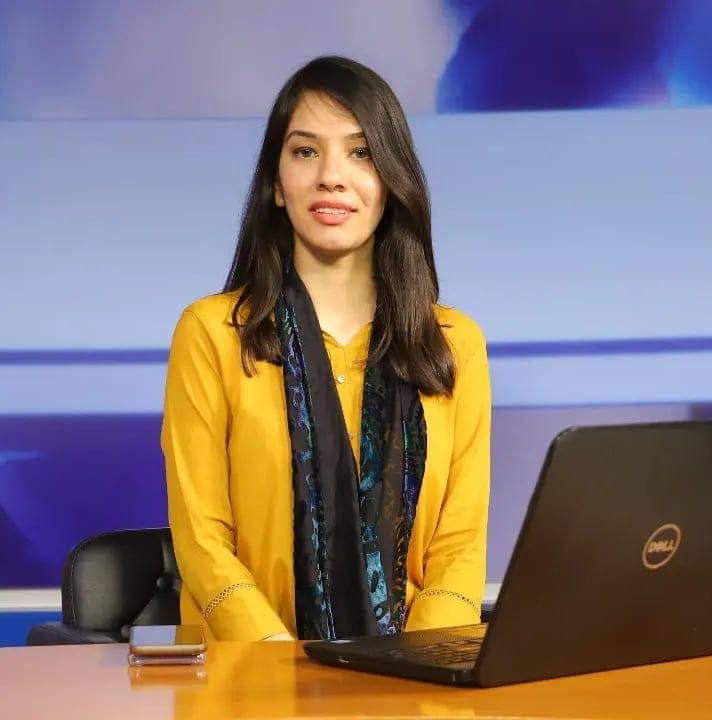Pakistan has a population of almost 50% women breaking the stereotypes and doing wonders. Pakistani women, however, are still subjected to certain difficulties in safeguarding their human rights and liberties.
The debate on social media about whether the Aurat March should be supported or not is more important than analyzing the facts of violence toward Pakistani women; human rights defenders estimate that around 1,000 women are killed in the name of honour every year. The violence is not limited to honor killing, but domestic violence, physical violence, workplace harassment, sexual abuse, emotional abuse, dominancy in opinions, and snatching the right of what to wear, eat and where to go at every level. This affects their mental health and their freedom to express themselves and grow as a person.
A few Pakistanis feel social shame when women stand up for their equal rights, and some players have manipulated Aurat March as well, but we cannot ignore the basic concepts for women’s equality in Pakistan. The people who feel shame are usually involved in making women feel insecure around them. Statistics show that women are unsafe; many are silent about domestic abuse, where their intimate partners beat them; many face emotional abuse, taunts by laws and staying dead inside; many face harassment at the workplace by their colleagues and bosses, many cannot ride on roads safely, regardless of this, in Pakistan there are some people who believe in ladies first and respect the boundaries and take care of other women like their own family.
In conclusion, women in Pakistan have been facing violence and discrimination for centuries. Despite the efforts of the government and non-governmental organizations to combat this issue, it remains prevalent in the society. The root cause of this problem lies in the patriarchal mindset that considers women inferior to men. It is high time for society to realize that women deserve equal rights and opportunities as men. A change in mindset is necessary to eradicate violence against women in Pakistan. Let us all work together to create a safer and more equitable future for women in Pakistan.
